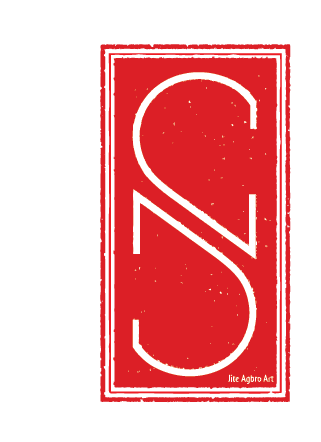Armor & Confabulation Talk at Pratt Fine Art Center
This series is called Armor & Confabulation. It is named for protective garments and the acute memory disturbance that causes sufferers to produce fabricated embellished, or misinterpreted memories that distort their views of themselves and the world.
I chose the term Confabulation because, in a sense, we must all confabulate to establish our status in the world. The rights and obligations of status are fixed by means of law enforcement, social norms, and the threat of loss. In order to establish status, especially where that status was not received as a birthright, we must rearrange and manufacture some part of the ‘truth’ about ourselves. Status passed down through generations is internalized:
Traditional marks of status are transformed into a self-imposed set of rules and regulations that can dictate how we navigate the world. Inter-generational status is bestowed, not earned. Therefore, in order to believe in our own merit, and to absorb the benefits of inequity that are conveyed by lineage we must, to some existent, misrepresent some truths about the workings of the world and, in some cases, the quality of our own character.
I developed the concept behind this project over the past two years. During the last few years, I (like most Americans) could not help but notice, the rising inequality across the country. This phenomenon is especially obvious in Seattle, with the recent tech boom in which waves of highly-paid tech workers have moved to the city and displaced average renters.
I began to think about how wealth disparity affects other nations, especially my home country, Nigeria – a nation that arguably has one of the fastest growing economies in the world, but also has large portions of the population living in extreme poverty As I tried to better understand the social impacts of wealth disparity, I noticed that, in some cultures, the greater the wealth gap, the more elaborate the displays of wealth become. This was true not only in 18th century France, but also in present day Lagos, Nigeria and, to some extent, Seattle, Washington.
It seems that in order to function as a society people have to interact with one another based on distinctions of status. Status markers are a short-cut to ‘diagnose’ the level of respect – or fear – that should be afforded an interlocutor.
My experience guided me in the production of a series of prints inspired by the Agbada (traditional clothing decorated with intricate embroidery, worn on special religious or ceremonial occasions usually worn by men) and the Gele (a traditional woman's head dress).
Both items of clothing are designed to communicate status and privilege. I chose these specific garments because my family is from Nigeria and I thought they would likely be foreign to most people Seattle.
I came to view wearing a high-status garment as an act of confabulation; the act of getting dressed symbolizes an agreement between the wearer the garment it self. The wearer employs the garment to convey a story that is linked to, money, and often an ugly history.
